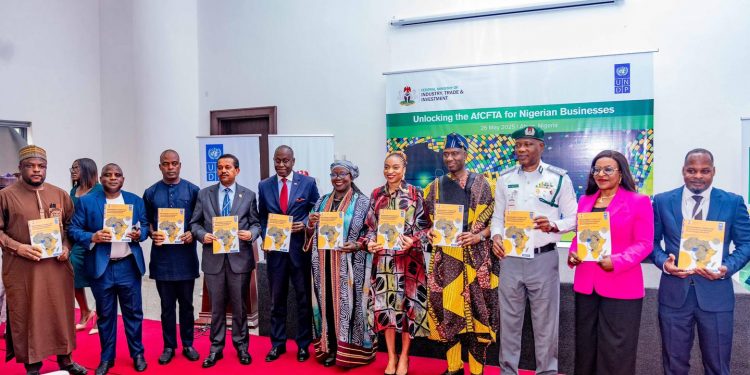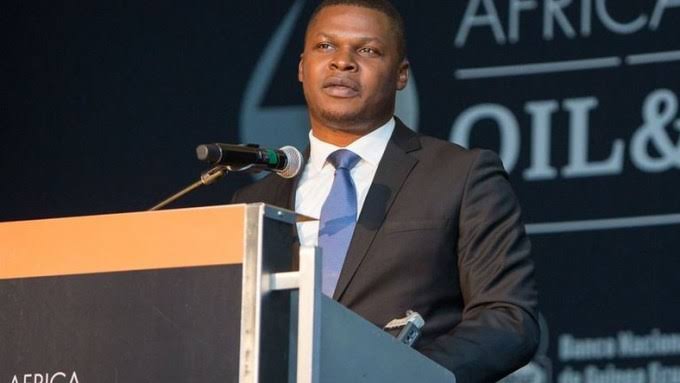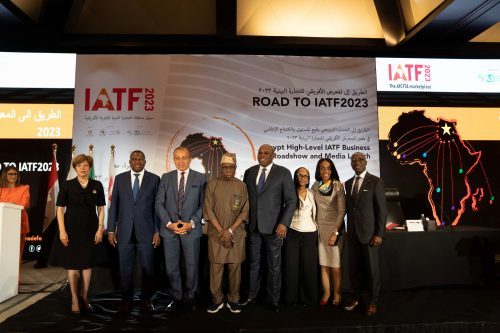The Federal Government has announced that the upcoming African Customs Conference in Abuja will serve as a major step toward positioning Nigeria as a leading continental trade hub and unlocking new opportunities under the African Continental Free Trade Area. The government explained that the event reflects a renewed commitment to placing trade at the centre of economic recovery, industrial expansion and poverty reduction efforts.
According to the Nigeria Customs Service, the conference will bring together customs leaders from more than thirty African countries alongside senior government representatives, investors, logistics providers, airlines, shipping companies, port managers and manufacturers. It will focus on dismantling long-standing cross-border trade bottlenecks and advancing Africa’s integration agenda through more efficient customs systems and harmonised trade procedures.
The Service disclosed that twenty-two countries will be represented at top-level positions and noted that the level of private-sector participation signals growing confidence in ongoing efforts to simplify and unify customs processes across the continent. The opening session has been dedicated to private-sector actors so they can speak directly to policymakers about real challenges affecting intra-African trade, including non-tariff barriers, port delays, uneven implementation of AfCFTA preferences and complex procedures that slow down the movement of goods.
The Customs leadership emphasised that governments and agencies do not trade; it is businesses that move products. It stressed that reforms must therefore reflect the realities of economic operators, especially small and medium-sized enterprises that face the highest barriers. It added that Nigeria still underutilises intra-African trade despite a surge in export volumes in recent years, as most of the growth has been directed outside the continent. Redirecting these exports into Africa’s multitrillion-dollar market, it said, would create new value chains, expand market access for MSMEs, reduce logistics costs, improve currency settlement and support job creation.
The Service highlighted success stories from MSMEs participating in the Authorized Economic Operator programme. These small exporters have shipped leather goods, handicrafts, processed foods and agricultural products to markets across Southern Africa, demonstrating that Nigerian enterprises can compete effectively when supported with the right frameworks.
It linked Nigeria’s growing AfCFTA readiness to ongoing national reforms, including port decongestion, customs digitalisation, port infrastructure expansion and the rollout of a national single window platform, describing these initiatives as essential to enhancing the country’s competitiveness within the continental trading system. Hosting the next Intra-African Trade Fair and recent continental recognition for leadership in intra-African trade have further strengthened Nigeria’s positioning.
While acknowledging concerns about temporary revenue pressure from tariff reductions, the Customs Service insisted that long-term economic gains far outweigh short-term losses. It noted that trade expansion generates greater prosperity than revenue collection alone.
Nigeria hopes the conference will deliver a unified customs approach to AfCFTA implementation, clear solutions to non-tariff barriers, stronger alignment among customs administrations, financiers, policymakers and private-sector operators, and practical trade facilitation reforms. It emphasised that even the continent’s more advanced economies face similar integration challenges, making collaboration vital.
The Customs Service added that the engagement extends beyond institutional performance metrics and forms part of a wider national effort to reposition Nigeria’s trade environment. It stated that the conference signals Nigeria’s readiness to embrace deeper continental trade and urged Nigerians to recognise the significant opportunities AfCFTA holds for economic renewal and the expansion of MSMEs.










